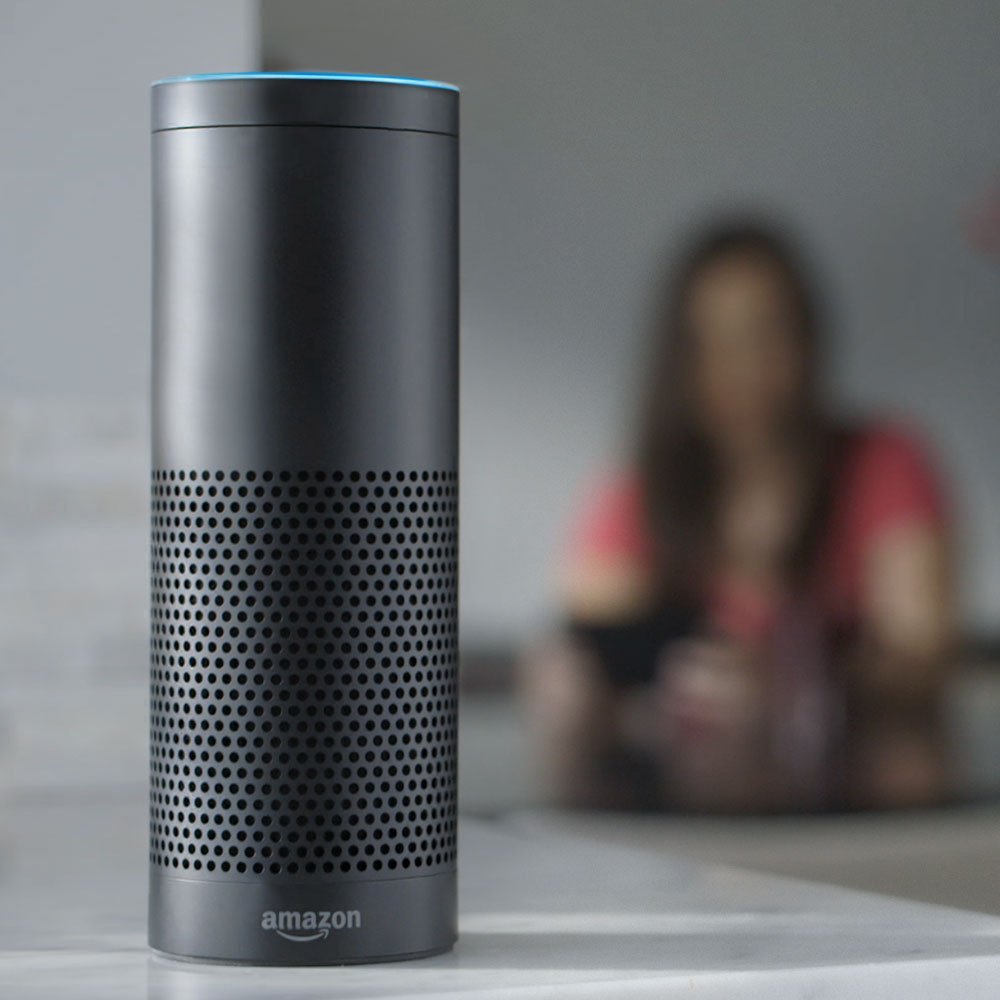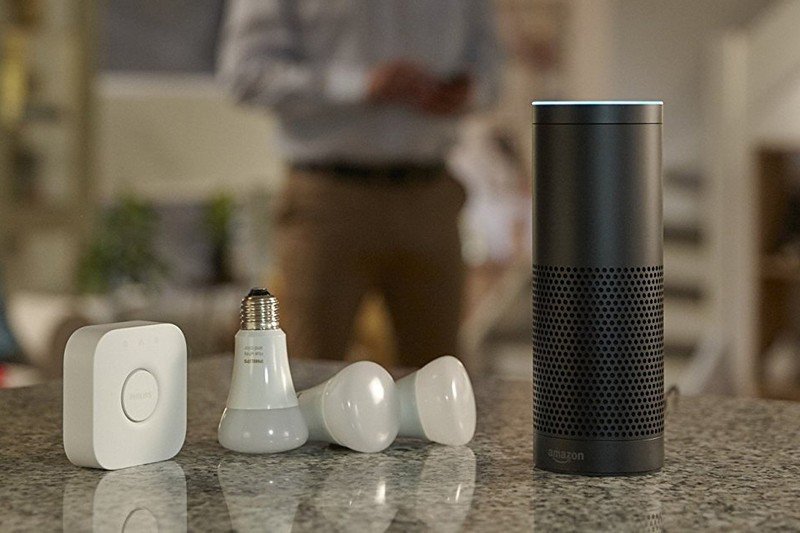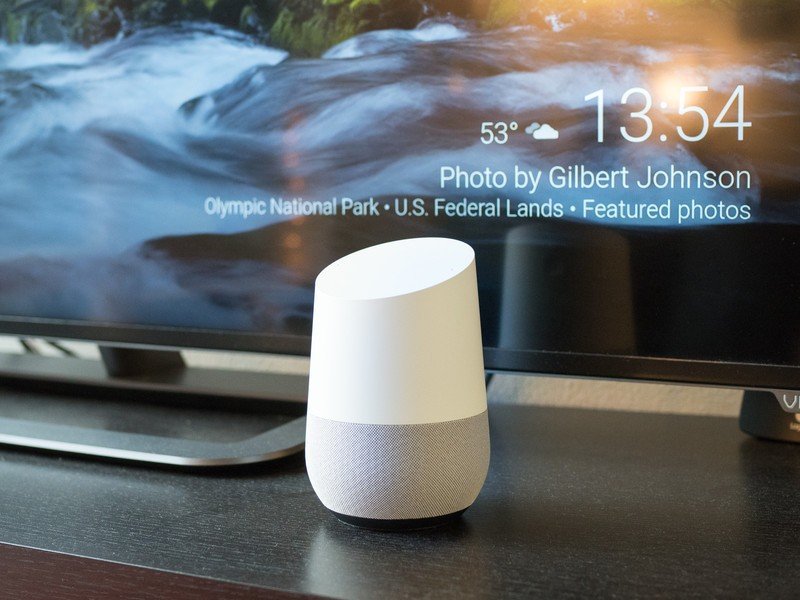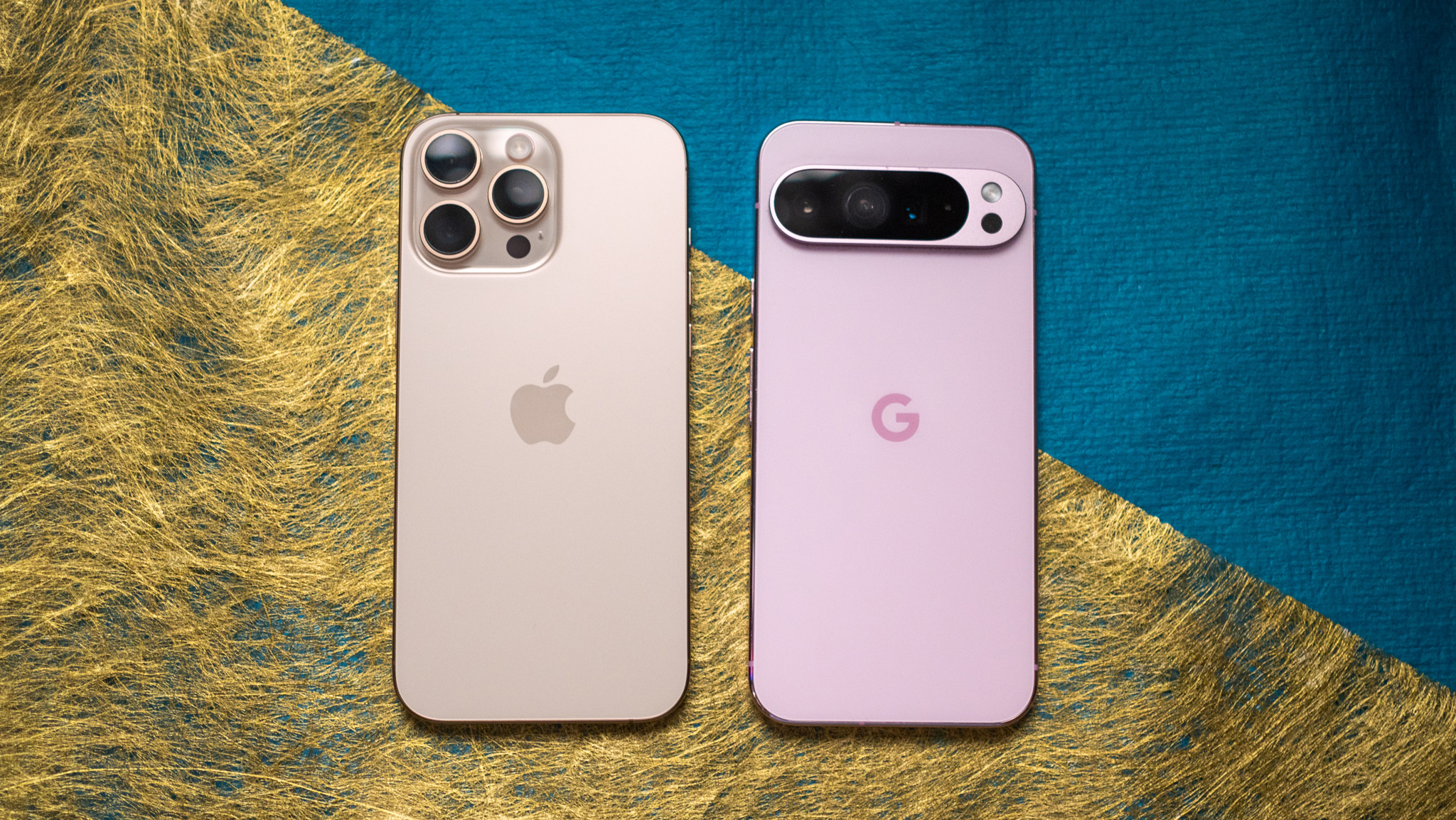Amazon is building the next important OS, and Google can't keep up

Google made a fundamental mistake by launching Google Home two years after Amazon Echo, says Ben Thompson of Stratechery. Amazon's Echo and its growing lineup of first-party hardware, including the Tap and Dot, are less significant to the company's future than Alexa itself, the voice-enabled operating system that seems to be growing in reach and intelligence more quickly than any other.
The Echo created its own market: a voice-based personal assistant in the home. Crucially, the home was the one place in the entire world where smartphones were not necessarily the most convenient device, or touch the easiest input method: more often than not your smartphone is charging, and talking to a device doesn't carry the social baggage it might elsewhere.

Thompson says that Alexa capitalized on the home automation trend at the perfect time, and because Alexa is not linked to any one piece of hardware, it can exist in as many rooms as a family can afford, without taking much away from the unassailable relationships we have with smartphones today.
Amazon seized the opportunity: first, Alexa was remarkably proficient from day one, particularly in terms of speed and accuracy. Then, the company moved quickly to build out its ecosystem in two directions:First, the company created a simple "Skills" framework that allowed smart devices to connect to Alexa and be controlled through a relatively strict verbal framework.
That simplicity has allowed vendors from Sonos to LG to seamlessly integrate Alexa into their existing lineups.
Secondly, "Alexa" and "Echo" are different names because they are different products: Alexa is the voice assistant, and much like AWS and Amazon.com, Echo is Alexa's first customer, but hardly its only one. This year CES announcements are dominated by products that run Alexa.
That's the beauty of Alexa: it doesn't cost the vendors anything (or at least, very little) to integrate, and because all that's needed is a microphone, a speaker and a connection to the internet — Amazon itself does all the hard work in the cloud backend — it can scale beautifully. And as we've seen with products like the Echo Dot, Alexa is better the more places it's in.

Google Home is arguably a better product than the Echo, that's no doubt: it's sleeker, cheaper, and even in its infancy, far more intelligent. But Thompson argues that Google still relies too heavily on needing a phone in-hand, and that its primary business model, search advertising, does not have the revenue potential in a voice-first product. Amazon, on the other hand, can afford to give Alexa away for next to nothing because it fosters the single-action purchase intent that fuels the company's core ecommerce business. Thompson explains:
Amazon, meanwhile, doesn't need to make a dime on Alexa, at least not directly: the vast majority of purchases are initiated at home; today that may mean creating a shopping list, but in the future it will mean ordering things for delivery, and for Prime customers the future is already here. Alexa just makes it that much easier, furthering Amazon's goal of being the logistics provider — and tax collector — for basically everyone and everything.
So what do you think? Is he right? Wrong? Discuss it in the comments below!
Get the latest news from Android Central, your trusted companion in the world of Android
Daniel Bader was a former Android Central Editor-in-Chief and Executive Editor for iMore and Windows Central.

